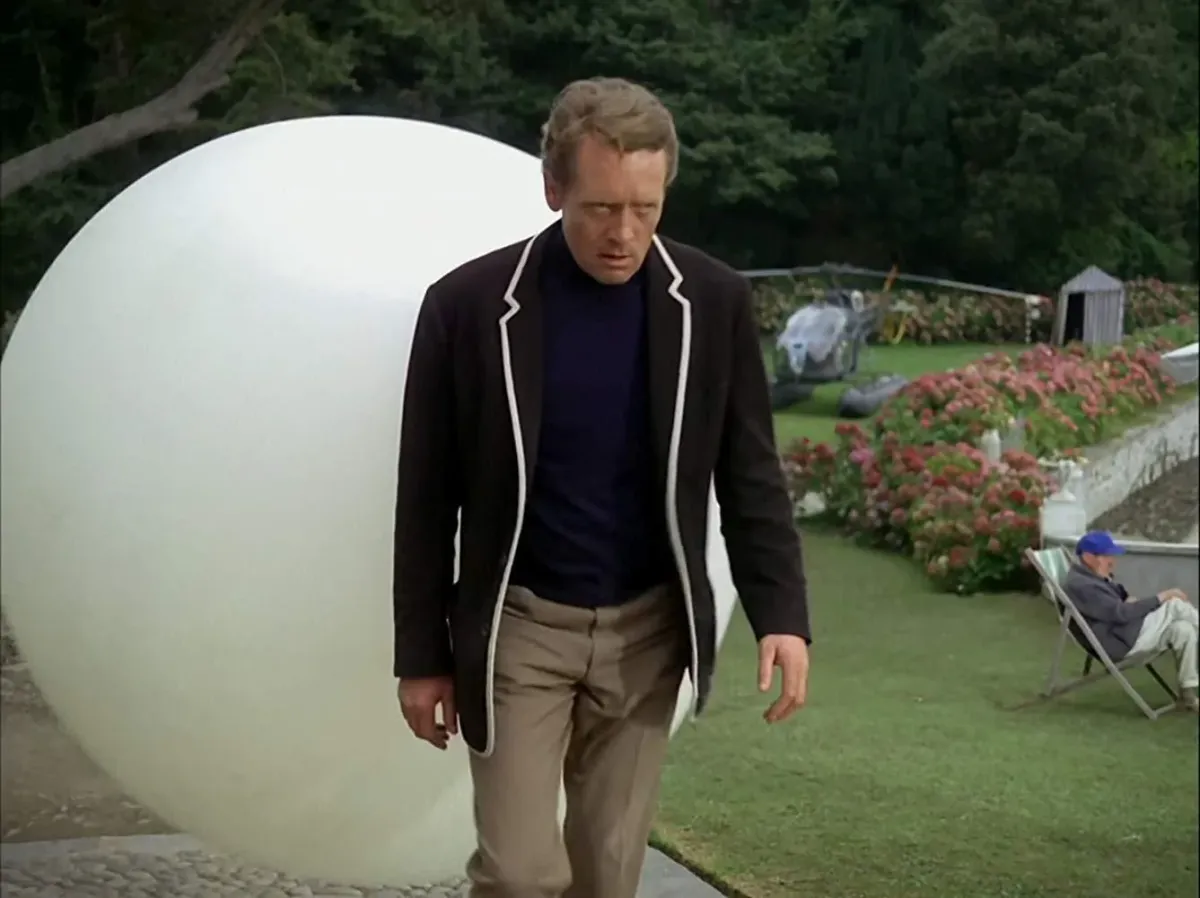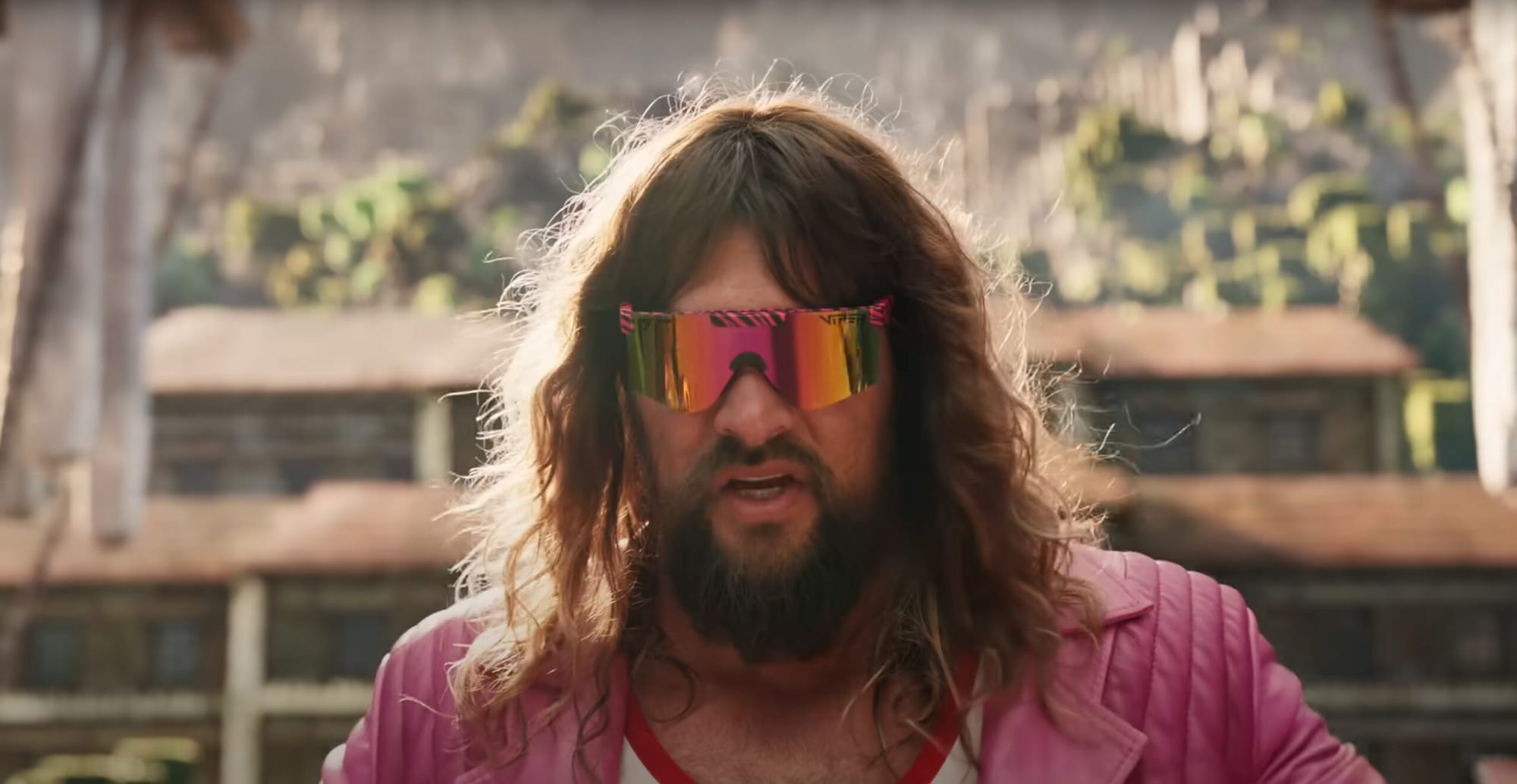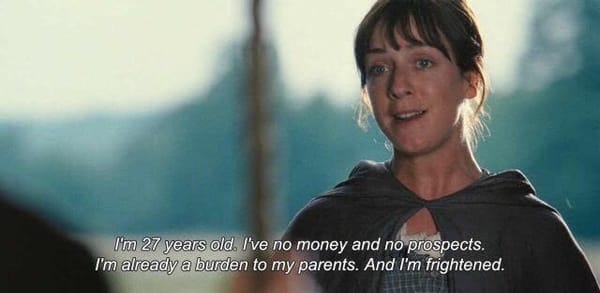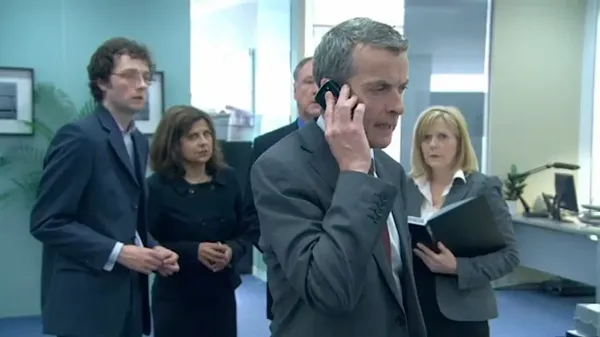🙃 Inneresting #256 - Learning the Wrong Lessons
Aesop would never.

Not every story has a clear lesson, but that won’t always stop someone from trying to share the moral as they see it. Conditioned to know a morality play when they see one since childhood, the audience can anticipate someone on screen (or behind the keyboard) trying to sum it all up.
Which creates opportunities to twist those expectations.
For example, the family sitcom was once a place where a heartfelt parent-child chat about what kind of day it was felt like a given. Inverting that moment with a parent giving terrible advice gives the audience a clearer picture of where the character’s child rearing strengths lie (or don’t), but also clarifies the tone of the story.
Enter Homer Simpson:
You can always count on Homer to fumble the Aesop moment.
Sometimes it goes deeper than one line or scene. If a character took the wrong lesson early in life, it can make them cling to that definition success well past its expiration date.
Take the example of Garrett "The Garbage Man" Garrison from A Minecraft Movie:
Everything about this man screams arrested development, from the fashion choices to his ride, to maintaining a teenage nickname. But it’s the image of one kid winning a tournament for a video game that’s supposed to be two player cooperative that locks in the idea of how Garrett sees the world.
This background, costuming, and characterization make his early attempt at imparting advice more than just a fun throwaway joke:

Sometimes that worldview doesn’t just explain a character, but provides exposition into the story’s world.
Thank You For Smoking’s Nick Naylor needs a way to explain what a lobbyist does to his son, which also helps the audience dig a little deeper into the profession and the mindset of those who practice it:
Nick‘s central theme is that winning a debate isn’t about being correct or getting your opposition to concede: It’s about controlling the conversation so you never need to risk giving the wrong answer.
Is the audience in on the joke? Are the people watching the story the ones who could benefit from a clear moral, or are they savvy enough to see the point when presented in a skewed way? Or is this a situation where the story is directly opposed to learning, morality, and hugs?
👋 Are you new here?
Inneresting is a weekly newsletter about writing and things that are interesting to writers. Subscribe now to get more Inneresting things sent to your inbox.
Previously on Inneresting…
In case you missed it, last issue’s most clicked link, Rocky felt conflicted about fighting Apollo Creed.
What else is inneresting?
- YouTube Channel Toon breaks down how Atlantis: The Lost Empire uses discipline as a disguise for ambition to make a villain seem like an ally.
- Tim Pelan does a deep dive on Full Metal Jacket titled "Run Through the Jungian."
- CJ Chilvers on how video may work best for the algorithm, but sometimes two sentences of text can explain the point better.
And that’s what’s inneresting this week!
Inneresting is edited by Chris Csont, with contributions from readers like you and the entire Quote-Unquote team.
Are you enjoying this newsletter?
📧 Forward it to a friend and suggest they check it out.
🔗 Share a link to this post on social media.
🗣 Have ideas for future topics (or just want to say hello)? Reach out to Chris via email at inneresting@johnaugust.com, Bluesky @ccsont.bsky.social, or Mastodon @ccsont@mastodon.art.




